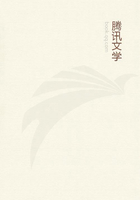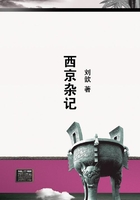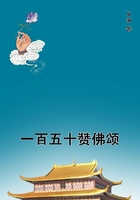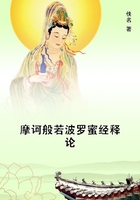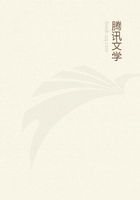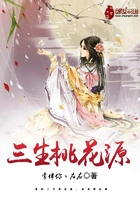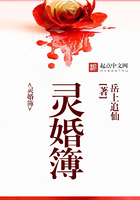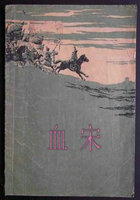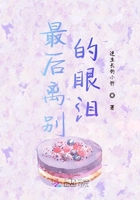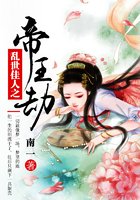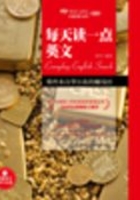Hay took up the negotiations with the Colombian charge d'affaires, Dr.Herran, and arranged a treaty, which gave the United States a strip of land six miles wide across the isthmus, on a ninety-nine year lease, for which it should pay ten million dollars and, after a period of nine years for construction, a quarter of a million a year.This treaty, after months of debate in press and Congress, was rejected by the Colombian Senate on August 12, 1903, though the people of Panama, nervously anxious lest this opportunity to sit on the bank of the world's great highway should slip into the hands of their rivals of Nicaragua, had urged earnestly the acceptance of the terms.The majority of the Colombians probably expected to grant the American requests in time but were determined to force the last penny from the United States.As Hay wrote: "The Isthmus is looked upon as a financial cow to be milked for the benefit of the country at large.This difficulty might be overcome by diplomacy and money."President Roosevelt at this point took the negotiations into his own hands.Knowing that the price offered was more than just, he decided to depend no longer on bartering.He ordered the American minister to leave Colombia, and he prepared a message to Congress proposing that the Americans proceed to dig the canal under authority which he claimed to find in the Treaty of 1846.It was, however, doubtful if Congress would find it there, particularly as so many Congressmen preferred the Nicaragua route.The President therefore listened with pleased attention to the rumors of a revolution planned to separate Panama from Colombia.Most picturesquely this information was brought by M.Philippe Bunau-Varilla, a former engineer of the De Lesseps company, who glowed with the excitement of coming events.Roosevelt, however, relied more upon the information furnished by two American officers, who reported "that various revolutionary movements were being inaugurated."On October 10, 1903, the President wrote to Dr.Albert Shaw, of the "Review of Reviews":
"I enclose you, purely for your own information, a copy of a letter of September 5th, from our minister to Colombia.I think it might interest you to see that there was absolutely not the slightest chance of securing by treaty any more than we endeavored to secure.The alternatives were to go to Nicaragua against the advice of the great majority of competent engineers--some of the most competent saying that we had better have no canal at this time than go there--or else to take the territory by force without any attempt at getting a treaty.I cast aside the proposition made at the time to foment the secession of Panama.Whatever other governments can do, the United States cannot go into the securing, by such underhand means, the cession.Privately, I freely say to you that I should be delighted if Panama were an independent state; or if it made itself so at this moment; but for me to say so publicly would amount to an instigation of a revolt, and therefore I cannot say it."Nothing, however, prevented the President from keeping an attentive eye on the situation.On the 16th of October he directed the Navy Department to send ships to the Isthmus to protect American interests in case of a revolutionary outbreak.
On the 2d of November, he ordered the squadron to "maintain free and uninterrupted transit....Prevent the landing of any armed force with hostile intent, either government or insurgent, at any point within fifty miles of Panama." At 3:40 P.M., on the 3d of November, the acting Secretary of State telegraphed to the Isthmus for confirmation of a report to the effect that an uprising was in progress.A reply dated 8:15 P.M.stated that there had been none as yet, but that it was rumored one would take place during the night.On the 4th of November independence was proclaimed.The only fatality was a Chinaman killed in the City of Panama by a shell from the Colombian gunboat Bogota.Its commander was warned not to fire again.On the 6th of November, Secretary Hay instructed our consul to recognize the new republic, and on the 13th of November, President Roosevelt received Bunau-Varilla as its representative at Washington.
This prompt recognition of a new state, without waiting to allow the parent Government time to assert itself, was contrary to American practice.The United States had regarded as a most unfriendly act Great Britain's mere recognition of the belligerency of the Southern Confederacy.The right of the United States to preserve the neutrality of the isthmus, as provided by the Treaty of 1846, certainly did not involve the right to intervene between the Government and revolutionists.On the other hand, the guarantee of possession which the United States had given to Colombia did involve supporting her Government to a reasonable extent; yet there could be little doubt that it was the presence of American ships which had made the revolution successful.
The possible implications of these glaring facts were cleverly met by President Roosevelt in his message to Congress and by the Secretary of State in the correspondence growing out of the affair.The Government really relied for its justification, however, not upon these technical pleas but upon the broad grounds of equity.America has learned in the last few years how important it is for its safety that "scraps of paper" be held sacred and how dangerous is the doctrine of necessity.
Nevertheless it is well to observe that if the United States did, in the case of Panama, depart somewhat from that strict observance of obligations which it has been accustomed to maintain, it did not seek any object which was not just as useful to the world at large as to itself, that the situation had been created not by a conflict of opposing interests but by what the Government had good reason to believe was the bad faith of Colombia, and that the separation of Panama was the act of its own people, justly incensed at the disregard of their interests by their compatriots.This revolution created no tyrannized subject population but rather liberated from a galling bond a people who had, in fact, long desired separation.
With the new republic negotiation went on pleasantly and rapidly, and as early as November 18, 1903, a convention was drawn up, in which the United States guaranteed the independence of Panama and in return received in perpetuity a grant of a zone ten miles wide within which to construct a canal from ocean to ocean.

